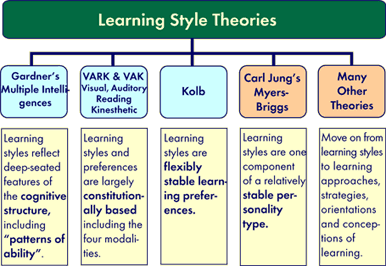"Time flies quickly". I felt like I have just entered Taylor's College, but it has been more than a month already. Guess what that means we already had one month MPU classes. Our first section under MPU is the Personal Development 1. At first I was quite worried on how I am going to cope with MPU as our first assignment was to create a blog. Since I had no experience on creating a blog before, I had to search online before I could start on my blog. However, after I learnt the basics it was quite simple actually as I started posting frequently that it became more like a norm. Now that I had already have about 6 posts, now it's time for me to reflect from the posts and what I had learnt from them.
First of all, our first class was on the Taylor's Graduate Capabilities. After understanding all of the 8 Taylor's Graduate Capabilities in depth, I was able to conclude that the Taylor's institution is looking towards instilling these values in their students so that they will be able face the real world in the future. These capabilities may look simple at a first glance but actually each of them have an in depth meaning. By learning about this Taylor's Graduate Capabilities, I know that I would have to master in all of these capabilities in order for me to become a well balanced person who can fit in the community in the future.
The next task which was quite interesting was goal setting. In real life, goals can actually be separated into two categories which are short term goals and long term goals. However, before setting a goal you should be able to think of the 5 main elements which are Specific, Measurable, Attainable, Relevant and Time-bound which eventually forms the word SMART. This SMART goal setting is actually a productive for us learn how to set your goal and the efforts that you are going to take in order to achieve your goal.
The third research was on our personality. This is a very important element in a persons life where you must be able to know your personality which can help you to know more about yourself. One of the methods to know your personality is by attempting for a personality test. After taking the test, my result was that I may be an intuitive or a sensor, feeler, thinker or even a judger. One of my possible personality type is INTJ which is known as the mastermind. As an INTJ, I feel that I am able to solve problem analytically as well as being eager to improve systems and processes with innovative ideas. Therefore, I will try my best in improving my problem solving skills because I believe I have the capability to mastermind the success of my life.
Another element which scripts my reflection is on learning styles. Through the VARK learning style, there are four major branches which are visual, aural, reading or writing, as well as as the kinesthetic. After taking the learning style test, the conclusion was that I am more of a visual learner. Based on this, I learnt that I would have to improve on my vision for me to enjoy learning. I must focus more on visualizing scenarios as well as writing down key points.
The next major assignment was to do a research on SWOT analysis. What does SWOT analysis means? SWOT is actually the acronym of Strength, Weaknesses, Opportunities and Threats. In a whole, I was very pleased with my analysis when I found out that I have more strengths and opportunities compared to my weaknesses and threats. To achieve more of my goals in the future, I should try to minimize my weaknesses and threats as much as possible which would contribute in improving my strengths and weaknesses.
Last but not least, my final task was the career test. As usual in my career test, I was again required to complete a test which was quite accurate in terms of identifying the career that would be the most appropriate for me in the future. As for me, most of the choices that listed was Maths related, which is actually what I am looking for in the future. My first choice, is to become an engineer but I haven't chosen a specific field yet. However, this career tst actually had helped me to open up my choices by giving a list of careers.
In a nutshell, I would say that MPU classes that I have attended so far has been very beneficial for especially for my personal development. I am able to discover and explore myself to know my actual self. I am really pleased with the topics that I have covered so far in Personal Development 1. I hope that all the research and tasks that I have done would actual help me to maximize my strengths and minimize my weaknesses in order for me to achieve my dream university and mould my career in the future.



















